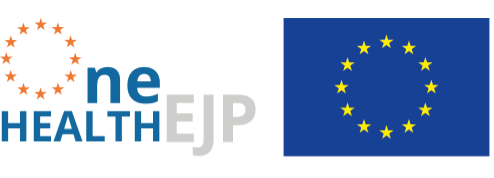Thank you to everyone who look part in the CPD 2021. See some testimonials below and read our blog post about this event.
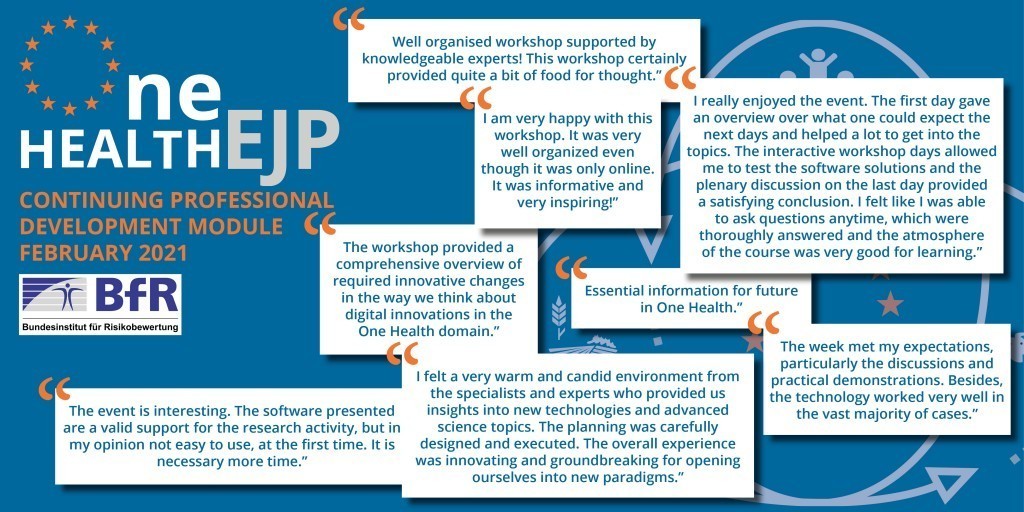
What was the aim of this CPD Module?
This Continuing Professional Development module linked the efforts and outcomes of several One Health EJP projects: ORION, COHESIVE and RADAR, and – in the sense of One Health – covering interdisciplinary topics. It was hosted by senior research scientists from BfR, Germany and collaboration partners that have a long track record in providing training for research scientists from different research domains (specifically food science, but also for researchers in public health and animal health). The workshop focused specifically on innovative open source software tools for which currently no alternative solutions with comparable features are available.
Experts from across the One Health EJP consortium presented digital innovation tools for application to scenarios from the domains of food safety, public health and animal health. Participants had the opportunity to get interactive training on a range of software tools which are used by our different consortium members and stakeholders. At the end of the module, participants provided feedback to the software developer teams for new feature requests or development goals.
The CPD module adopted a well-balanced mixture of teaching styles using a classical joint plenary presentation session, moderated interactive workshops with practical exercises. It included an e-learning module that was used by the participants to test and improve their knowledge, as well as by the organisers to measure the knowledge gained from the workshop.
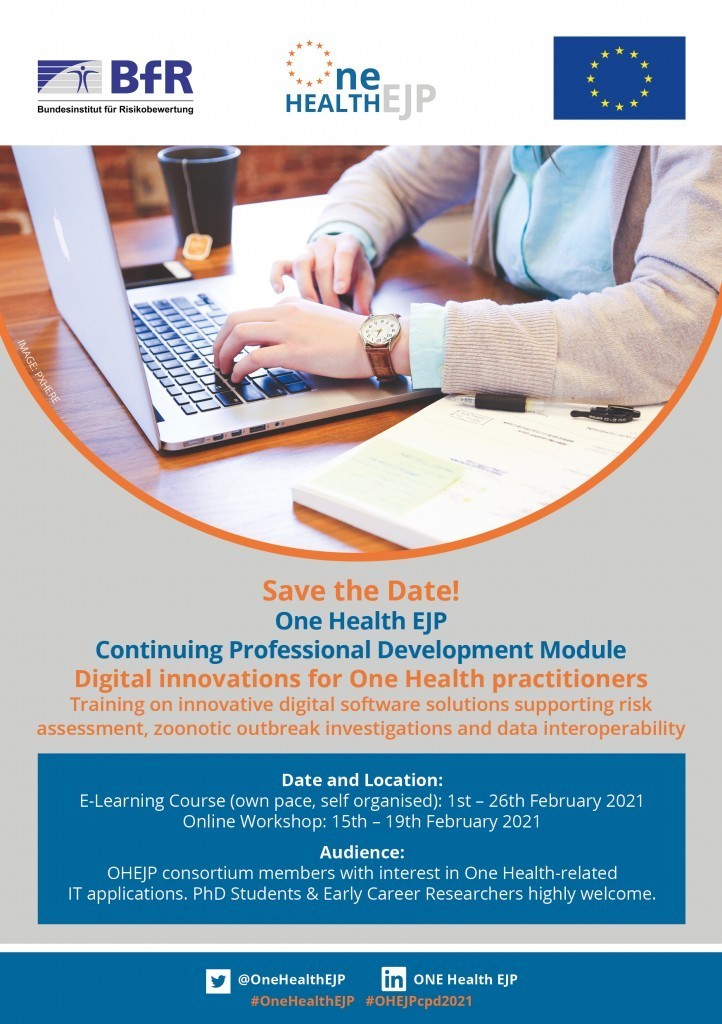
Course Accreditation
This workshop (15th -19th February) has received approved accreditation by the Academy of Veterinary Continuing Education (ATF), which is 22 ATF hours for this workshop. Please note that these ATF hours are registered as Continuing Education (CE) credits in Germany, which can be converted into CE credits in other countries. Click here for more information about the ATF accreditation.
Our Speakers
Matthias Filter

Matthias Filter is senior research scientist in the unit “Unit Food Hygiene and Technology, Supply Chains and Food Defense” at the Federal Institute for Risk Assessment (BfR), Germany. He coordinates the EJP ORION project and leads several software development and modeling activities within the BfR. In several national and international research projects Matthias promoted the idea of standardized information exchange as the basis for harmonization, transparency and knowledge generation.
Matthias holds a diploma in Biochemistry and has been working as research scientist and project manager in public and private sector organizations for more than 15 years. He has been appointed as external advisor for EFSA and for several EU research projects.
Fernanda Dórea
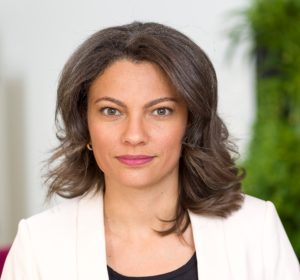
Dr. Fernanda Dórea is a veterinarian from Brazil. She contributed to various animal health programs in Brazil as an epidemiologist in the Brazilian Ministry of Agriculture. Driven by her growing interest in quantitative epidemiology, she completed a Masters degree in Infectious Disease Modeling, followed by a PhD during which she developed syndromic surveillance systems based on laboratory submissions in Canada and Sweden. Her research continues to focus on exploring ways to automatically extract surveillance information from electronically available health data.
Maarten Nauta
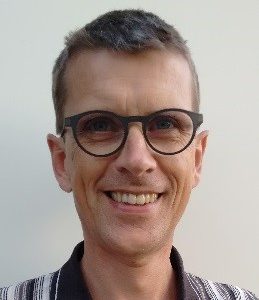
Dr. Maarten Nauta is senior scientist in the Risk-Benefit Research Group of DTU Food in Denmark. He was educated as mathematical biologist, has more than twenty year experience in Quantitative Microbial Risk Assessment and works on Risk Benefit Assessment of foods since 2012. He published more than 100 scientific papers, has advisory tasks for (inter-)national food safety risk management and acts as teacher, trainer and supervisor of students. His research focusses on the development of methods and tools for integrated approaches for quantitative assessment of public health risks and benefits.
Sara Perestrelo
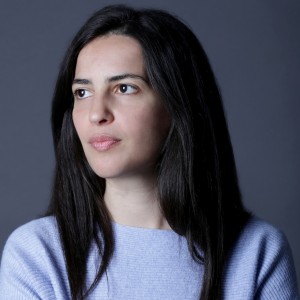
Sara Perestrelo received her Masters in Veterinary Medicine in 2015 from the University of Porto. During her studies, she spent time abroad in Brazil at the University of São Paulo and was also a research intern at the National Institute of Animal Health and at the Kasetsart University in Bangkok. Currently, she works at the Bundesinstitut für Risikobewertung in Berlin, as a Research Assistant in one of the ongoing One Health EJP projects, with a focus on source attribution modeling and AMR. Sara´s interest in innovation, took her to learn Design Thinking at the Hasso-Plattner-Institut, and nowadays she enjoys bringing this mindset into Public Health. Sara is also the creator and host of “Cracking One Health”, a podcast dedicated to One Health.
FoodChain-Lab
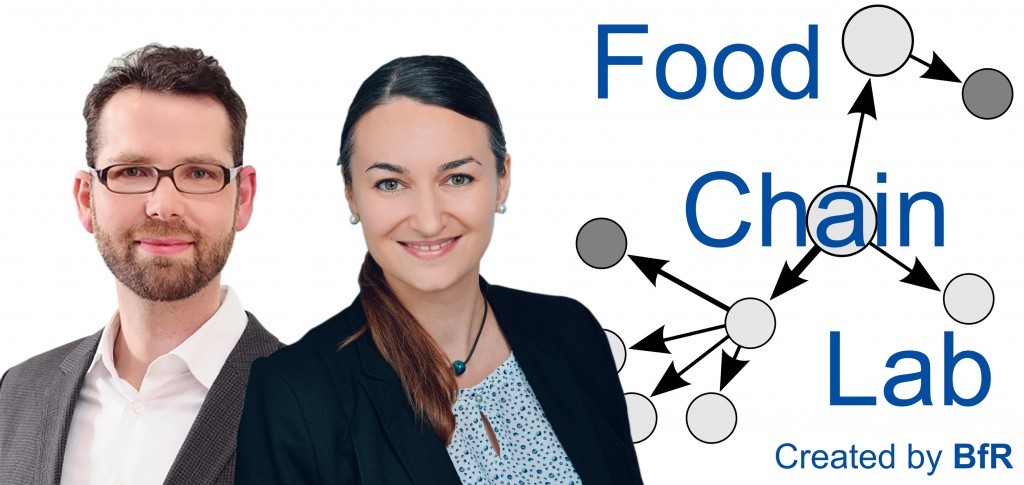
The FoodChain-Lab (FCL) team is made up of four members: Marion Gottschald (coordinator), Alexander Falenski (creative mind), Marco Rügen (developer) and Birgit Lewicki (developer). The first three will join as instructors in the CPD module.
By studying Molecular Biotechnology and Molecular Medicine, Marion Gottschald has a background in life sciences. Then she broadened her outlook by studying Epidemiology and working as a PhD student on in the field of nutritional epidemiology. Since 2017, she is employed at the German Federal Institute for Risk Assessment (BfR) as a research associate/epidemiologist. Her main responsibilities are to coordinate national and international projects that involve the tracing software FCL. Her tasks include steering the development of FCL, applying FCL in current foodborne outbreaks and in fictitious outbreak scenarios as well as organizing and conducting FCL trainings.
Alexander Falenski is Research Associate at BfR. He received his PhD in biology from the Free University Berlin (2012) during which he worked on the tenacity and detection of Brucella in foods. Afterwards, Alexander worked in European and German research projects where he gained experience in predictive microbiology, epidemiological modelling and risk assessment. Since then he is involved in the development of software tools in these areas. Alexander is currently working on the validation of zoonosis monitoring data. Within the scope of the FCL, he prepares training data and information for user trainings. He also creates software tutorials, drafts the user experience of the FCL Web App and is responsible of website content on https://foodrisklabs.bfr.bund.de/foodchain-lab.
Marco Rügen is a bioinformatician and has worked for several years as a software developer in data base and web application development. His role in the FCL teamis the conception, development, implementation and testing of new web services for extended analysis of supply chains and general further development of FCL. He participates in the tracing of (international) foodborne disease outbreaks and supports the knowledge transfer, the preparation and execution of workshops and trainings.
Lyubomir Penev

Prof. Dr. Lyubomir Penev is a Professor of Ecology at the Bulgarian Academy of Sciences, Sofia and founder and managing director of Pensoft Publishers. His main interests over the past 30 years have been the methods of biodiversity study, development of software for biodiversity research and environmental assessment, biogeography, urban ecology, data publishing and management. He has published more than 130 papers and was co-author or (co-)editor of 8 books. He is involved as a work package leader in several FP7 and Horizon 2020 projects dealing with data mobilization and integration and development of e-infrastructure. Web of Science: 989 citations, H-Index 16; SCOPUS: 1311 citations, H-Index: 19; Google Scholar: 3687 citations; H-Index 30.
Teodor Georgiev

Teodor Georgiev has more than 15 years of experience in designing and desktop publishing of nearly 600 books. He is highly experienced in several software packages, such as Adobe InDesign, Photoshop, Illustrator, MS Office, and others, as well as in projecting and designing web-based platforms, mark up of legacy literature, online journal publishing and dissemination. T. Georgiev has published ca. 20 papers in bioinformatics and semantic publishing.
Karin Lagesen

Karin Lagesen is a bioinformatician that focuses on the analysis and management of high throughput sequencing data. As the lead bioinformatician at the Norwegian Veterinary Institute, she helps manage the implementation and support of bioinformatics activities relating to food and animal health and welfare across the Institute, and with collaborating institutions. Lagesen has a broad focus on the structures necessary for managing bioinformatics data. She coordinates the compute infrastructures used by the Institute for bioinformatics, and endeavors to set up systems that allows for scalable and sustainable preparedness and research activities.
As a microbial genomics bioinformatician Karin Lagesen has worked extensively on the use of microbial genomics for food and animal health surveillance . She is currently heading up the Bioinformatics work package in the OHEJP project ORION, which focuses on harmonization of surveillance data collection and interpretation. Within that work package she has worked on building sustainable infrastructures and methods for using sequencing and bioinformatics for the surveillance of foodborne pathogens. Her current work centers on the integration of bioinformatics into preparedness and surveillance with a focus on microbial agents affecting animals and humans.
Olaf Mosbach-Schulz

Olaf Mosbach-Schulz is Senior Scientific Officer in the Assessment and Methodological Support Unit (AMU) of the European Food Safety Authority (EFSA). Educated as mathematician his research focusses on probabilistic exposure assessment and risk communication. Since 2008 he is working at EFSA, developing guidance documents on tracing of supply chains, pest and commodity risk assessment (plant health), expert knowledge elicitation, uncertainty assessment, and communication of uncertainties. He is frequently facilitating groups of experts in structured expert judgements on parameters in risk assessments of food, feed, plant health, animal health and welfare. During the last years he is also training staff and experts of EFSA in the methodology of expert elicitation.
